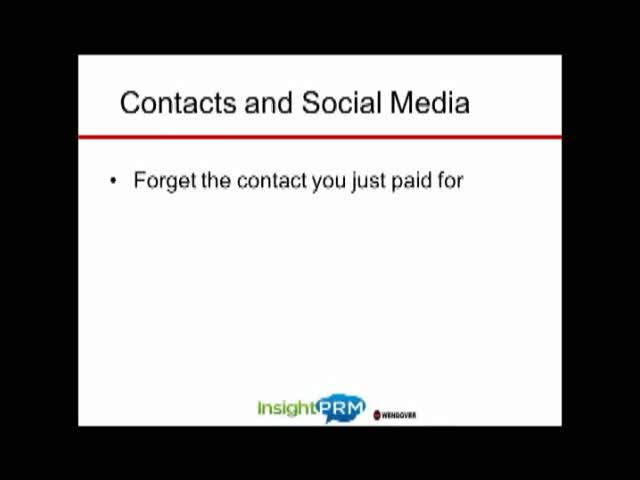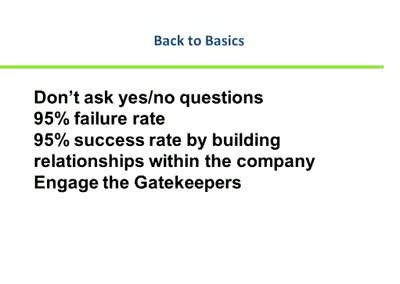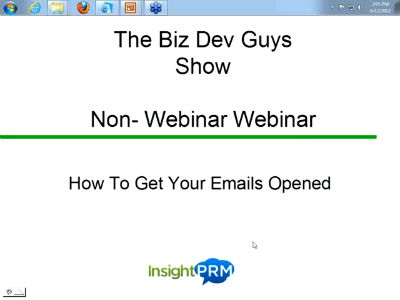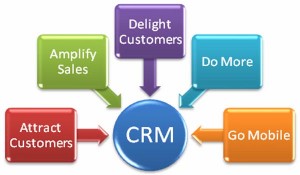Why do I need CRM software for sales?
by Shannon F.
Many small businesses that we encounter prefer doing things the old-fashioned way—even if that means recording customer and prospect information in the margins of a mildewed ledger by the light of a dripping candle. We’ve found that making sales cold calls doesn’t actually take much time—it’s preparing for and logging those calls the old-fashioned way that can be time-consuming.
Thumbing through spreadsheets to find your contact takes a couple of precious minutes, and after you’ve made the call, you’ll waste even more time scribbling notes, setting a follow-up call date in your calendar, and looking up the prospect’s email address to send a follow-up message. If you are doing everything manually, there are simply not enough hours in the day to make all the calls you need to drive revenue and achieve your sales goal this year. You better learn to like working by candlelight, because you won’t be able to afford your electric bill.
The thing is, we understand why so many salespeople like doing everything on paper. It’s simple and intuitive to get your leads in a spreadsheet and work through them with nothing but a notepad and a telephone. It’s just slow. And unfortunately, today’s salespeople need to speed up productivity to reach their busy prospects. Gone are the days when you could get in touch with someone via a single easy phone call.
The good news is that there are some pretty fast CRMs on the market that are simple and intuitive to use—not as simple as paper, but the next best thing.
Of course, there’s also plenty of CRM software that’s extremely complicated. We think complicated CRMs are a large part of what’s keeping salespeople in the dark ages. After all, if the choice is between something that’s almost dangerously simple—like managing your prospects on paper—and something that requires a degree in IT to figure out, even we would take the paper.
We hate to brag, but we think our CRM is one of the simplest and most user-friendly out there. The trick is that it doesn’t do everything under the sun. Instead, it was designed for one very critical process: prospect relationship management or, in old-fashioned terms, finding new business. But there are a lot of great products out there. Here are some ways that ANY good CRM can help your sales team.
Using a CRM keeps your data secure. Here’s the obvious problem with keeping your leads and notes in file folders or in a good old marble composition book: they can be stolen, lost, burned up in an unfortunate desk drawer fire, or eaten by a roving pack of termites. A cloud-based CRM keeps your records safe. In fact, you’re even protected from hard drive failure, because your information is stored in the cloud.
A good CRM should make it quick and easy to prospect. Like we mentioned before, you have little choice but to streamline your lead management process in order to remain competitive today. A good CRM cuts out a lot of time-wasting steps and automates sales by letting you set a follow-up date, send an email, remove the prospect from the day’s call-list, and advance to the next lead, all at the click of a button.
A CRM keeps you organized. You’ll be able to search, sort, qualify, and distribute leads quickly and easily. No cutting and pasting from documents (or cutting and pasting with scissors and glue) are necessary to share leads among multiple sales reps.
A great CRM has social media tools to help you connect with your prospects in a variety of ways. You can see what Linkedin connections you have within an organization, follow your prospect on Twitter, or “like” a client’s Facebook page. Even if you’re a social media beginner, you’ll quickly grow comfortable with these platforms when you see how it all works together.
Finally, having the right CRM can boost your team’s morale. After all, increased productivity means increased sales, which means happy salespeople. The problem is, even top salespeople avoid complicated technology that drags them down. The key is to adopt an easy-to-use CRM that doesn’t take weeks to learn.
How do you choose the CRM that’s right for you? For one, get your salespeople involved in researching your options. Have them watch demos online or, better yet, attend a live demo to get a feel for how the product works. Your team will be more likely to adopt new sales software if they have a say in what product you purchase.
Interested in a demo of InsightPRM? Contact us here, and we’ll be glad to show you how our prospect management system (B2B sales leads + lease expiration data + CRM) makes sales cold-calling easier than ever.










